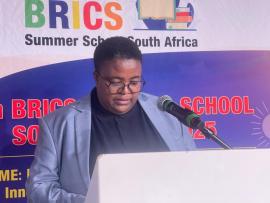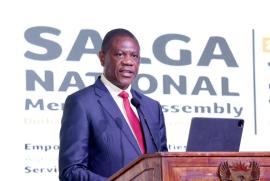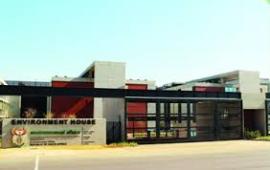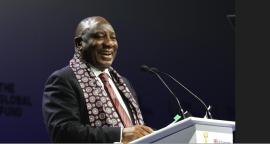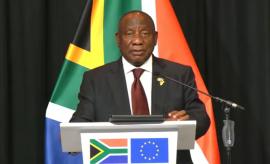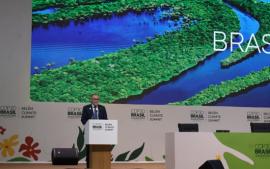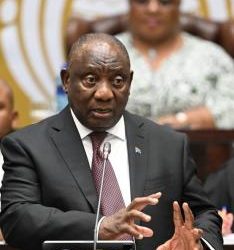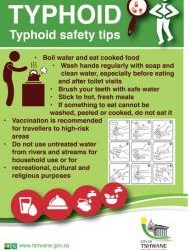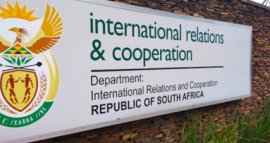Deputy Minister in the Presidency for Women, Youth and Persons with Disabilities, Mmapaseka Steve Letsike, has called on young people to embrace the rich cultural diversity of BRICS and recognise its role in shaping a more inclusive global order.
Addressing the 2025 BRICS Summer School in Johannesburg, on Monday, Letsike said BRICS is more than an economic and political bloc.
“BRICS is not just an economic and political bloc. It is a strategic initiative for global transformation, grounded in multipolarity, justice, inclusion, and the self-determination of peoples,” Letsike said.
Letsike noted that from its founding, BRICS, which has expanded to include eleven member states – Brazil, Russia, India, China, South Africa, Saudi Arabia, Egypt, the United Arab Emirates, Ethiopia, Indonesia and Iran, has sought to rebalance the world order, moving away from unipolar dominance and towards a more equitable system of governance.
She said BRICS represents nearly half the world’s population and over a third of global GDP.
“The numbers themselves speak powerfully: the original BRICS five nations represented 42% of the world’s population and 31.5% of global Gross Domestic Product (GDP). With expansion, BRICS nations today represent 46% of the global population and 37% of the world’s GDP.
“This is not just arithmetic. It is a declaration that the Global South will no longer be spectators in history, we are authors of it. Authorship requires us to bring in every voice, including those of women, youth, persons with disabilities, and LGBTI communities, whose realities are too often erased when we speak in generalities,” Letsike said.
Held under the theme: “Innovatively Inclusive Futures for BRICS and the Global South”, the summer school brings together high school learners from grades 9 to 12, including unemployed graduates, researchers, youth activists, entrepreneurs, and young professionals.
The programme explores the bloc’s history, principles, current initiatives, and future prospects.
Letsike said this year’s theme aligns with Brazil’s 2025 BRICS Presidency, which focuses on “strengthening Global South cooperation for more inclusive and sustainable governance.”
The key priorities identified include global health cooperation, trade and finance, climate change, artificial intelligence governance, peace and security, and institutional development.
Intersectionality and inclusion
The Deputy Minister stressed that these priorities cannot be pursued in a vacuum but must be informed by intersectionality at the core.
“Young women are not affected by climate change in the same way as young men; that persons with disabilities face unique challenges in accessing digital technologies. The LGBTI (Lesbian, Gay, Bisexual, Transgender, Queer and Intersex) youth may be excluded from peacebuilding or education initiatives,” the Deputy Minister said.
Letsike warned against the dangers of invisibility in society.
“Erasure is not only about forgetting people’s names. It is about designing economies, policies, and institutions that pretend entire groups do not exist,” she said.
The Deputy Minister added that invisibility is not only about silence; it is about the absence of women in boardrooms, absence of persons with disabilities in classrooms, absence of LGBTI voices in peace negotiations, and the absence of rural youth in digital economies.
“When people are made invisible, they are made vulnerable. When they are erased from our statistics, from our stories, and from our strategies, their needs remain unaddressed, their struggles remain unacknowledged, and their potential remains untapped.”
Citing South Africa’s history of struggle against invisibility, from the 1956 women’s march against pass laws, to the 1976 youth uprisings, to the activism of LGBTI and disability rights groups, Letsike said the same spirit of inclusion must guide the BRICS agenda.
“Intersectionality therefore becomes both a moral and political imperative. No one is expendable, no one is peripheral, no one should be erased.” – SAnews.gov.za

